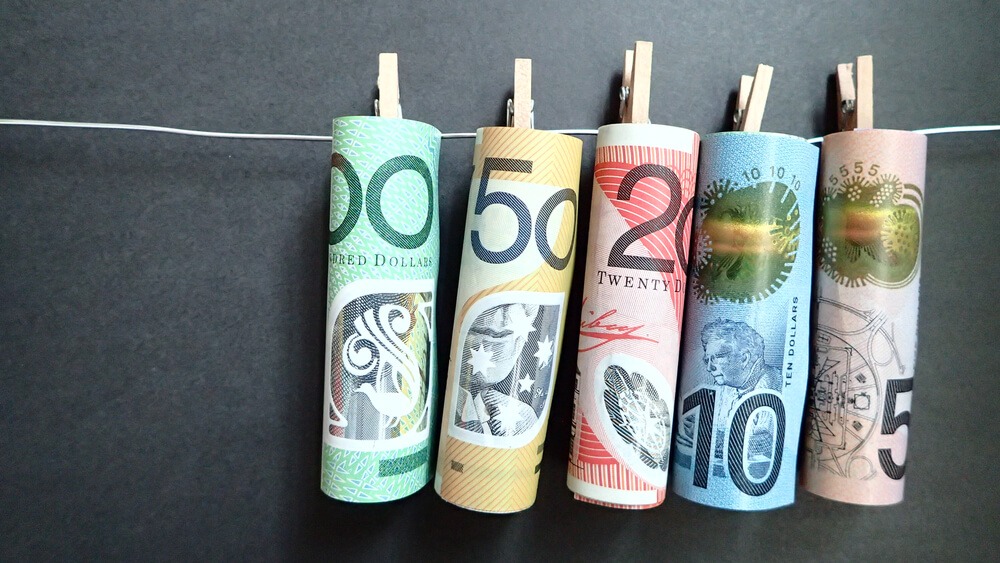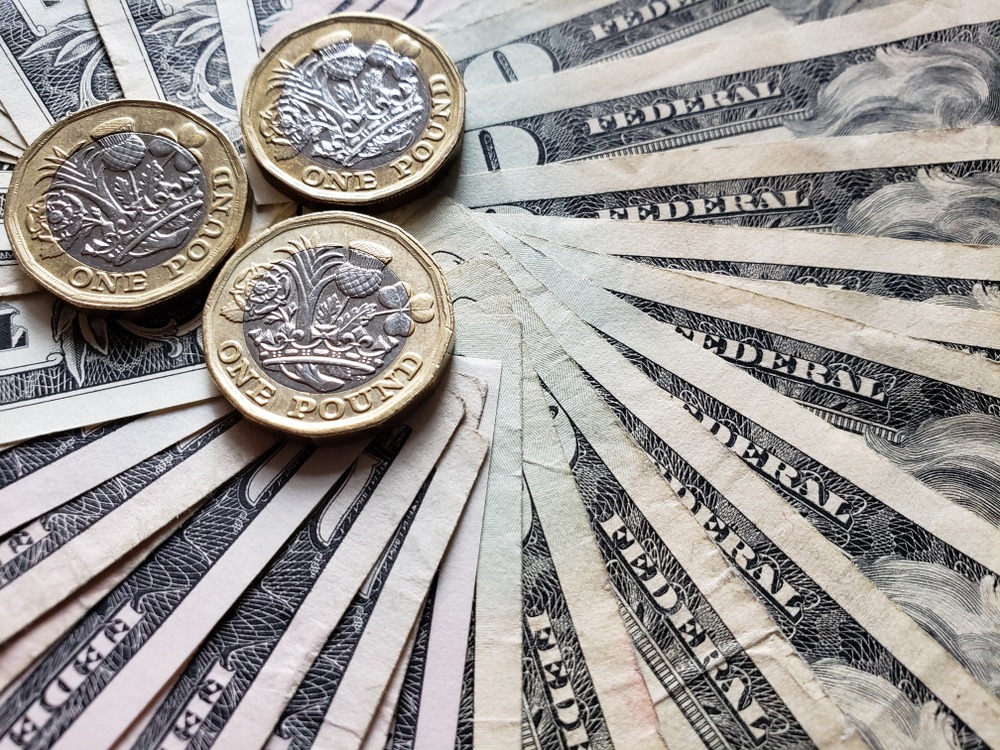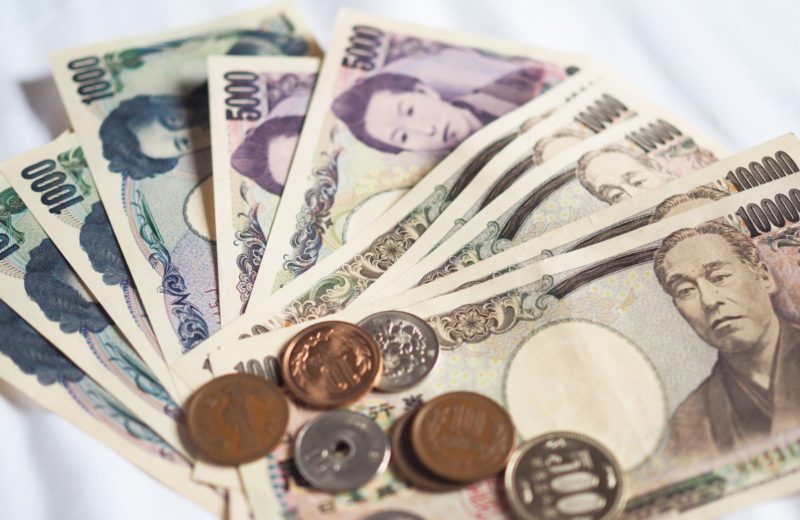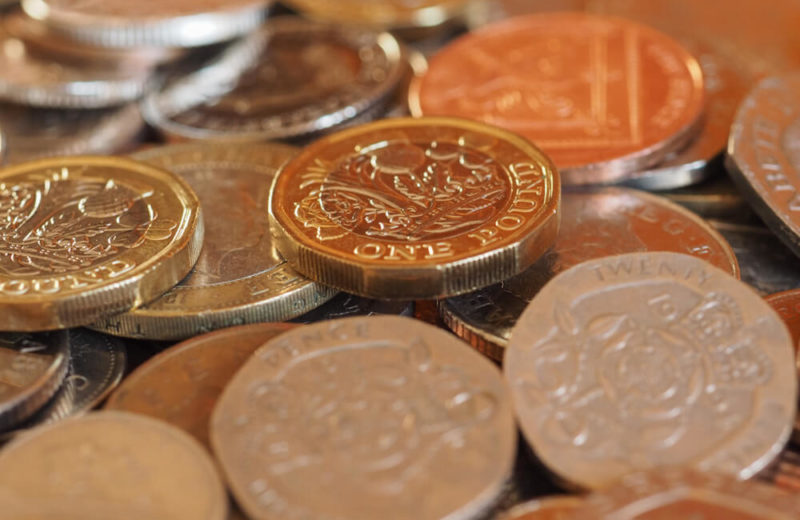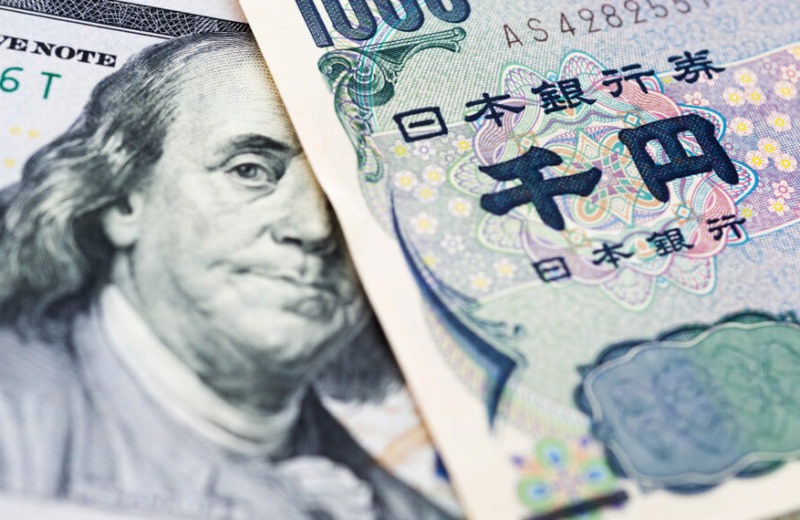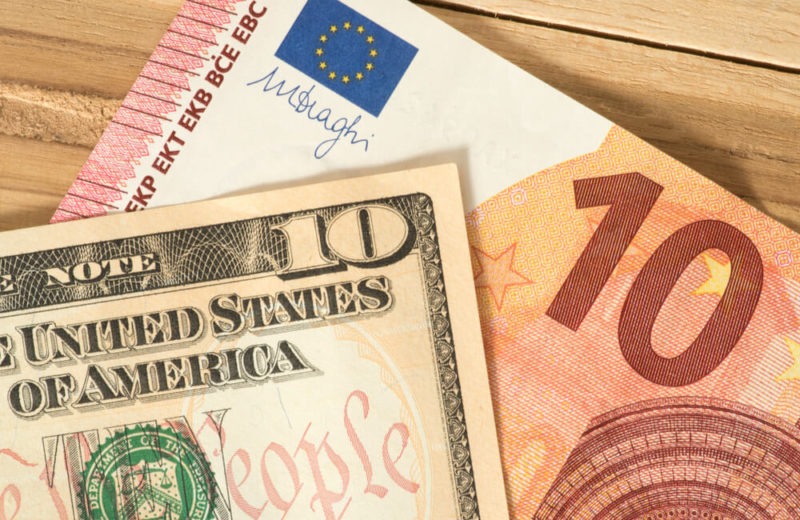On Friday, June 11, the USD traded lower as traders risked that a huge rise in the US consumer prices won’t be enough to prompt the Fed from its monetary policy stance.
The Dollar Index trails the greenback in opposition to its other rival currencies. At midnight it fell by 0.1% to 89.990, its lowest this week.
The USD/JPY pair climbed 0.1% to 109.40. Prime Minister Yoshihide Suga announced the acceleration of the nation’s vaccine rollout ahead of the Tokyo Olympics. He also added that he plans to finish the covid vaccination of all its citizens by November this year.
The GBP/USD pair also rose 0.1% to 1.4179 as investors trusted Prime Minister Boris Johnson’s plan to lift the nation’s pandemic curbs on June 21.
The risk-sensitive AUD/USD pair marginally increased at 0.7753 as Australia’s impressive economic recovery continues.
Elsewhere, the EUR/USD traded 0.2% higher to 1.2188. ECB Chief Christine Lagarde renewed her pledge to deliver a faster bond acquisition despite the improvements in the central bank’s growth reports which keeps the gains by the single currency in check.
In addition, the USD/RUB pair plunged 0.7% to 71.8027 as the Russian Central Bank decided on the appropriate level for interest rates in the country.
Meanwhile, last Thursday, the US consumer price index soared 5.0% year-on-year in May. It is the highest rise in more than a dozen years which is 0.6% up on the month, including the volatile food and energy prices that rose 3.8% year-on-year and 0.7% month-on-month in May.
ECB Taper Talk
The European Central Bank hinted that policy would stay lower for longer. However, there are signs of divisions among the bank members on tapering, which set a bumpy road ahead of the meeting in September.
ECB kept its benchmark rate flat at 0.00%. It is anticipating to continue purchases over the coming quarter at a significantly higher pace compared to this year’s first quarter.
Since inflation is set to climb, it prompts the bank to reassure investors that any tapering won’t happen.
An analyst said that the rising inflation was due to the central bank’s forecast for economic growth for this year and next year. Even so, the bank hinted at a belief that the pressure would be transitory, and it left its 2023 projection unchanged.
Also, the ECB welcomed the market recovery, where it described the risks to the economic outlook as widely balanced.



